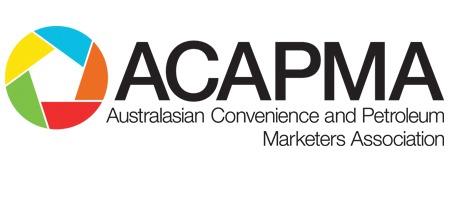 The poor administration of the expanded biofuel mandate has increased regulatory uncertainty for fuel businesses in NSW and introduced distortions in market competition, according to ACAPMA.
The poor administration of the expanded biofuel mandate has increased regulatory uncertainty for fuel businesses in NSW and introduced distortions in market competition, according to ACAPMA.
The new laws came into effect on January 1, 2017, and, according to ACAPMA CEO Mark McKenzie, “since that time, the administration of these new laws has been a shambles”.
These shortfalls have been the subject of numerous news articles and stories in ACAPMAg and the general news media. They include a failure of NSW Fair Trading to provide timely responses to exemption applications and continued uncertainty surrounding an implied requirement for larger retailers to increase the number of E10 nozzles, despite falling consumer demand.
It has also emerged that the state government has been required to turn a ‘blind eye’ to the new biofuels laws, given their inability to enforce them.
“They can’t administer these laws because, under Common Law in this country, fuel retailers cannot be held legally responsible for the valid purchase decisions of their own customers,” Mr McKenzie said.
But have the expanded biofuels laws worked in lifting the purchase of E10 sales by NSW motorists? “In a word – no!” Mr McKenzie said.
Analysis of petroleum-sales statistics produced by the Australian government’s Office of the Chief Economist reveals that sales of E10 have fallen from 25 per cent of all petrol sales to 24 per cent in the past year.
“Einstein once defined ‘insanity’ as the art of doing the same thing over and over again and expecting different results,” Mr McKenzie said.
“That definition is very appropriate given the continued and mindless pursuit of the biofuels mandate by the NSW government – including the expenditure of taxpayer funds to market the product of the state’s biofuels producers.”
Mr McKenzie said the NSW biofuels legislation has failed on every account and should be abandoned.
“What is appalling in the face of this failure, and the consequent risk to both fuel businesses and NSW motorists, is the deafening silence on the part of the NSW opposition and the state’s peak motoring body,” he said.
Abandoning the biofuels laws doesn’t mean the end of biofuels. There is an established portion of motorists who will continue to buy E10 regardless of whether the legislation exists or not.
Equally, analysis of fuel-consumer behaviours over the past year reveals that those who currently do not buy E10 now are not likely to buy it in the future.
“So, the NSW government’s target of E10 sales accounting for 60 per cent of all petrol sales is pure fantasy,” Mr McKenzie said.
“In short, NSW motorists have sent a strong message to government. That message is that they are the ones who decide what product they use in their own cars and that the government has absolutely no place in telling them what petrol product they should buy.”
ACAPMA is preparing to highlight the failure of these laws in a concerted publicity campaign from early 2018 and maintain the campaign until these laws are repealed.





